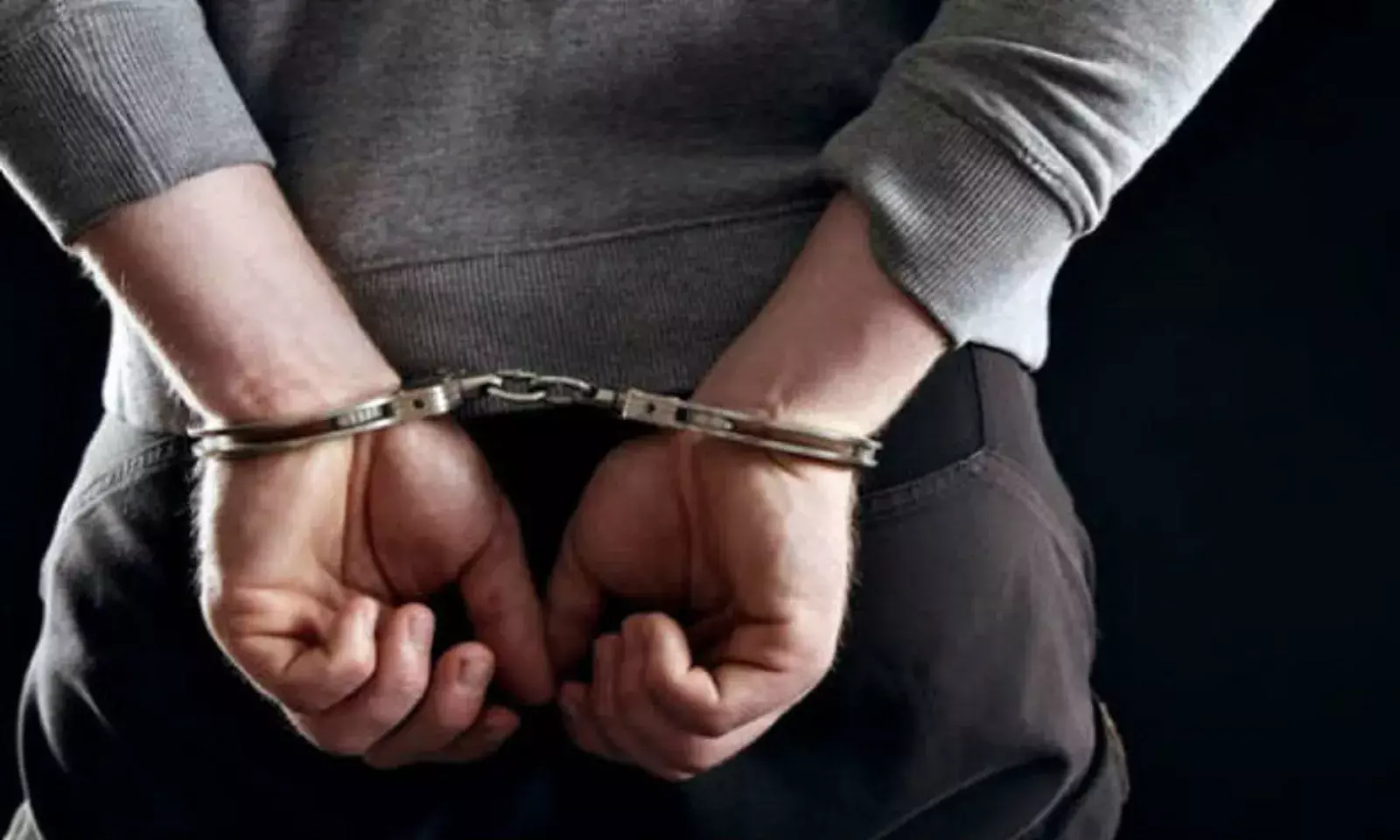Custodial Abuse: Govt In No Mood To Respect Human Rights, Say Experts
How cops treat people in custody and is NCRB data true? Fact-Checker finds out after Centre drags feet on fitting CCTVs.
After the Supreme Court slammed Centre and state governments for laxity in installing CCTV cameras in all central investigative agencies and police stations, FactChecker spoke to experts about human rights violations in custody and authenticity of the data recorded.
The apex court's order is aimed at keeping a check on custodial tortures. "Every third day there is a custodial death inside a police station so the situation surely is grave, which is why the Supreme Court had to intervene," said Suhas Chakma, Co-ordinator, National Campaign Against Torture.
"Once an accused is produced in court, they have a protection from the court against torture. But the police pay no heed to the system. It shows that the state or the central government is in no mind to comply with the rights of the citizens," he added.
In 2019, India saw 85 custodial deaths, according to the data released by the National Crime Records Bureau. Among states, Tamil Nadu saw the highest number of such deaths (11), followed by Maharashtra (10) and Gujarat (10). The previous year, this number stood at 70. But experts believe these numbers are not even close to reality.
"There has never been a conviction on custodial deaths. So, the situation is worst. In many cases when the police realizes that the accused may lose their life due to torture, they release them. There would be no documents to show that the person visited the police station and was tortured," said Vijay Hiremath, a human rights lawyer practicing at Bombay High Court.
The National Human Rights Commission too revoked an order that was passed in 2010 and limited the inquiry into custodial deaths to only cases with reasonable suspicion of foul play. A revised order was passed in September 2020 that stated enquiry in all cases of custodial deaths, including natural deaths and deaths due to any illness, shall be conducted by a judicial magistrate or a metropolitan magistrate.
Chakma too reiterated that the NCRB does not scrutinize cases after the state authorities submit the data. "The police departments in the local district or sub-district levels do not prepare a data sheet to submit it to NCRB. In such case NCRB cannot give a full representation of data across the country," he said.
According to NCRB data, of the 83 people, 32 committed suicide, 35 died of illnesses and during hospitalization. "If an accused dies in the hospital due to police torture, the police department never accepts that they died due to torture. Instead, they dispose off the cases saying they died due to illness or committed suicide," said Chakma.
In 2019, only two cases were registered under deaths due to injuries sustained during police custody due to physical assault by police. According to a study by the Human Rights Watch, most cases of custodial deaths are disposed off as death due to suicide, illness or hospitalization due to natural death.
"Police abuse reflects failure by India's central government and state governments to implement accountability mechanisms. Despite strict guidelines, the authorities routinely fail to conduct rigorous investigations and prosecute police officials implicated in torture and ill-treatment of arrested persons," read the report.
India signed the UN Convention against Torture and other Cruel, Inhuman or Degrading Treatment or Punishment in 1997 but is yet to ratify it, according to a report by the Economic and Political Weekly. A Prevention of Torture Bill is also pending before the Parliament.
While there are jail manuals in many states which states how prisoners are to be treated and what exactly they are entitled to in the prisons, there is no rule as to how inmates are to be treated in police custody, therefore they remain completely at the mercy of the police, points out the EPW report.




